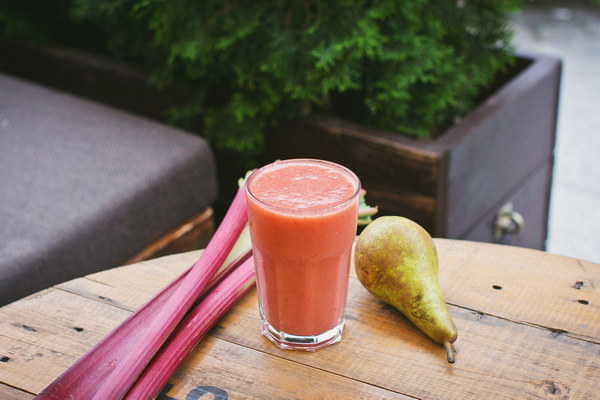Revitalize Your Lungs Discover the Best Herbs for Lung Detoxification Nourishment and Care
Introduction:
The lungs are vital organs responsible for oxygenating the blood and removing carbon dioxide. They are also susceptible to various pollutants, allergens, and infections that can lead to respiratory issues. To maintain optimal lung health, it is crucial to adopt a holistic approach that includes a balanced diet, regular exercise, and the use of natural remedies. This article delves into the world of traditional herbs that have been used for centuries to nourish, detoxify, and protect the lungs.
1. Licorice Root (Gancao):
Licorice root, also known as Gancao, is a well-known traditional Chinese medicine herb. It has been used for centuries to treat various respiratory conditions. This herb possesses anti-inflammatory, expectorant, and demulcent properties that help in soothing the respiratory tract, reducing inflammation, and loosening mucus. Licorice root can be consumed as a tea or in supplement form to support lung health.

2. Mullein (Lungwort):
Mullein, also known as Lungwort, is another popular herb used for lung health. Its anti-inflammatory and demulcent properties make it an excellent choice for soothing irritated respiratory passages. Mullein can be used to make a soothing tea that helps in reducing cough and expectoration. It can also be inhaled as a steam to alleviate congestion and improve lung function.
3. Elecampane (Inula helenium):
Elecampane is a herb that has been used for centuries to treat respiratory disorders. It contains compounds that have expectorant and antibacterial properties, making it an excellent choice for lung detoxification. Elecampane can be consumed as a tea or in supplement form to help clear mucus and relieve respiratory symptoms.
4. Thyme (Thymus vulgaris):
Thyme is a popular herb used in culinary dishes, but it also offers numerous health benefits for the lungs. It possesses expectorant, antibacterial, and antiviral properties that help in fighting respiratory infections and clearing mucus. Thyme can be added to teas or taken as a supplement to support lung health.
5. Eucalyptus (Eucalyptus globulus):
Eucalyptus is a well-known herb for respiratory health. It contains eucalyptol, a compound that has antibacterial, antiviral, and anti-inflammatory properties. Eucalyptus can be used as an essential oil to help clear congestion, reduce cough, and alleviate respiratory symptoms. It can also be inhaled as steam or added to a humidifier for optimal lung health.
6. Ginger (Zingiber officinale):
Ginger is a versatile herb that has been used for centuries to treat various ailments, including respiratory conditions. It possesses anti-inflammatory and expectorant properties that help in soothing the respiratory tract and loosening mucus. Ginger can be consumed as a tea, added to recipes, or taken as a supplement to support lung health.
Conclusion:
Incorporating these natural herbs into your daily routine can help maintain and improve lung health. While these herbs offer numerous benefits, it is essential to consult with a healthcare professional before starting any new treatment or supplement, especially if you have underlying health conditions or are taking other medications. By adopting a holistic approach to lung care, you can ensure that your lungs remain healthy, strong, and protected from harmful pollutants and infections.









